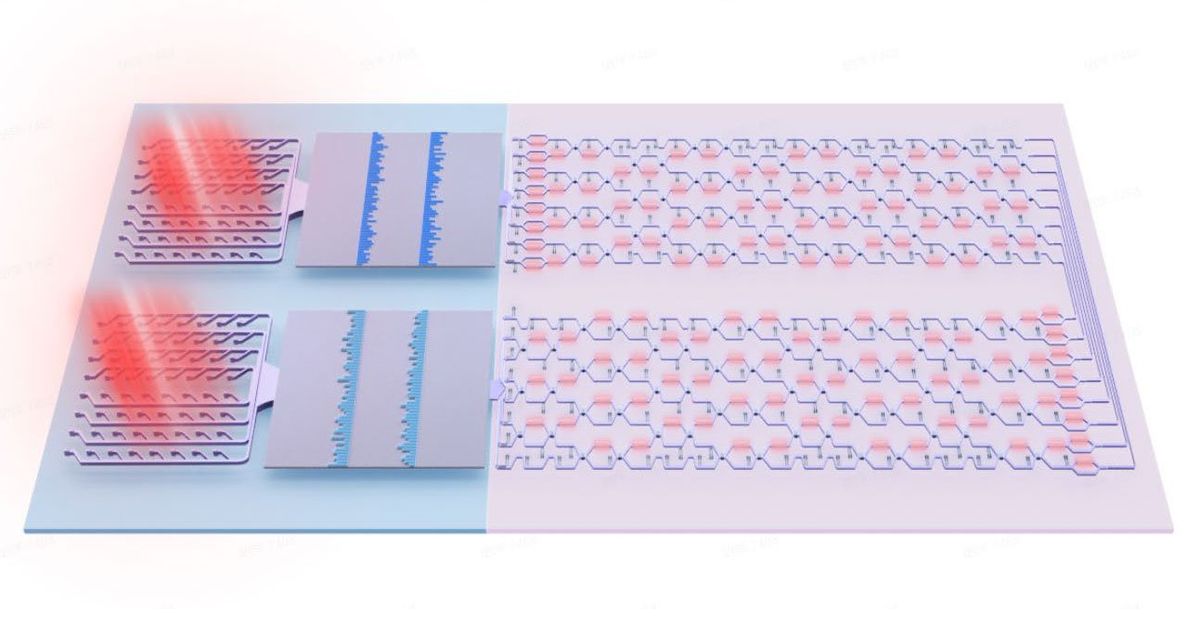Russia, through its RusNano investment organization, is picking up small nanotechnology start-ups from around the world at attractive prices—after other countries have invested billions in supporting the basic research that made some of the companies possible.
The latest announcement is that RusNano will be investing US $25 million in BIND Biosciences and $25 million in Selecta Biosciences, which, according to the RusNano press release, accounts for a total RUSNANO investment of $50 million within the total financing rounds of $94.5 million in the two companies combined.
In the cases of these two companies, I really don’t know to what extent their initial technology was funded or supported by the U.S. government, and I wouldn’t blame them a bit if it was significant. Businesses need capital just to get to production and then later to expand. It hardly matters where it comes from as long as they can survive another day.
We got a pretty stark reminder of this last summer when United Kingdom–based Nanoco let it be known on the pages of the Financial Times that it was fed up with getting no support from the UK government and was open to moving to any country that provided financial support.
It seems that many governments around the world are supportive of basic nanoscientfic research, especially when it involves the construction of a new lab. But when it involves the $25 to $50 million needed to take an advanced prototype into full-scale production, it seems the feeling is that’s the role of market capital.
Indeed it would be if capital were invested in things other than credit-swap defaults. But we know now that it isn’t.
So, a country like Russia can set up an investment organization that focuses on nanotechnology and go around the world picking up struggling nanotech start-ups, like Plastic Logic.
Here we are 10 years into a massive effort in both time and money to create a new spur to the U.S. economy and just as it’s about to bear fruit we let the crop rot on the vine and let our neighbor buy the entire stock for a song.
I think someone should wake up and realize market capital is not being invested in long-term investments like manufacturing goods with nanomaterials and that sovereign capital from countries like Russia—and they are not alone—are making up the difference.
Dexter Johnson is a contributing editor at IEEE Spectrum, with a focus on nanotechnology.




